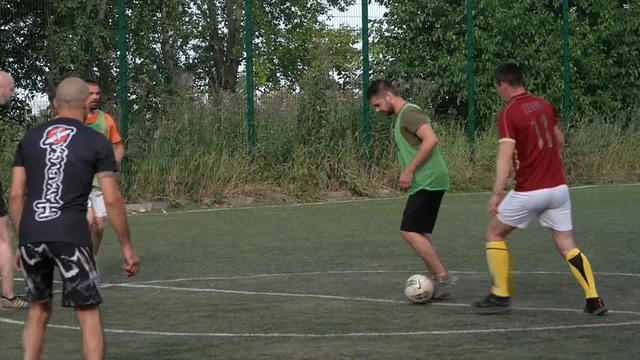
Ukrainian soldiers play soccer just miles from the front line
Some soldiers have found a small but welcome reprieve from the constant strain of battle with this soccer game.
Watch CBS News
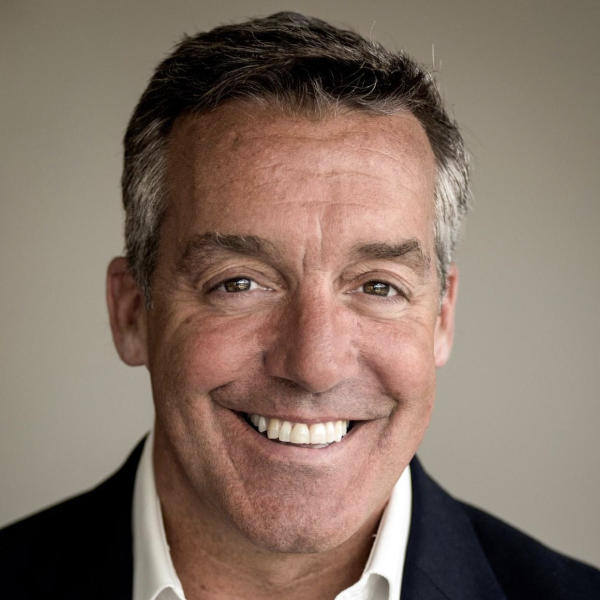
Charlie D'Agata is CBS News' senior national security correspondent, based in Washington, D.C. He was previously a senior foreign correspondent, based in London, and has spent more than two decades covering international news for CBS, touching virtually every major worldwide conflict since the terrorist attacks of 9/11 and war in Afghanistan. D'Agata reports for all CBS News broadcasts and platforms, including "CBS This Morning," the "CBS Evening News" and CBS News 24/7.
Most recently, D'Agata has been reporting from the frontlines of the conflicts in Ukraine and Israel-Gaza as war and humanitarian crises have engulfed these regions. In early 2024, D'Agata conducted an exclusive, in-depth interview with Ukrainian President Volodymyr Zelenskyy in a bombed-out building, 12 miles from near the Russia border, where Zelenskyy warned of Vladimir Putin bringing war to Europe. D'Agata was given exclusive access to the U.S. Army's 101st Airborne Division who were practicing for war with Russia several miles from Ukraine's border — the unit's first deployment to Europe since World War II.
D'Agata was among one of the first reporters on the ground in Israel after the Hamas terrorist attack on Oct. 7, 2023, and has reported from inside Gaza, embedding with the Israeli military numerous times since the conflict began. As tensions spread in the region, he joined a crew aboard the USS Bataan in the eastern Mediterranean as Yemen's Iran-backed Houthi rebels continued to attack commercial vessels linked to Israel and its allies.
Beyond offering insights from active participants of the conflicts, D'Agata has relentlessly extended a platform to honor the lives of civilian casualties and individuals whose lives have been uprooted as a result of war.
D'Agata and his team spearheaded coverage of the migrant crisis that led to CBS News winning both the prestigious 2017 Alfred I. duPont-Columbia University Award and the Sigma Delta Chi award. He earned the Overseas Press Club Award in 2013 for the dramatic story of the crackdown in Cairo following the Egyptian revolution. His work helped earn numerous Edward R. Murrow awards for CBS News, primarily for his coverage throughout Iraq and inside Syria.
In reporting on the fight against ISIS, D'Agata and his team were among the first Western journalists to reach eastern Mosul. Prior to that, he covered the offensive to liberate Fallujah, and embedded with Kurdish Peshmerga in the battle for Sinjar. D'Agata was also the first American journalist in Baghdad 10 months before the U.S.-led invasion of Iraq in 2003.
D'Agata and his colleagues were the first to report from Benghazi, Libya, when Islamic militants launched a coordinated attack on the U.S. Consulate, which resulted in the deaths of Ambassador Christopher Stevens and three U.S. personnel.
He has covered natural disasters from the Asian tsunami, earthquakes in Italy, and the earthquake and tsunami in Japan that triggered a nuclear crisis at the Fukushima power plant.
D'Agata has also been a correspondent for many other international events, including the death of Pope John Paul II and succession to Pope Benedict, the Royal Wedding of William and Catherine, Queen Elizabeth's Golden Jubilee, the upheavals during the Arab Spring, and numerous terror attacks in Europe.
Previously, he was the London correspondent for CBS Newspath, the affiliate news service of CBS News; Newspath's first internationally based correspondent. Before that, he was CBS Radio's chief overseas correspondent (2002-05).
Before joining CBS News, D'Agata was a correspondent for APTN in London, and began his international career in 1992 as assignment editor for ABC News in London.
D'Agata was born in Lawrence, Mass., and graduated from Colorado State University with a B.A. degree in journalism.

Some soldiers have found a small but welcome reprieve from the constant strain of battle with this soccer game.
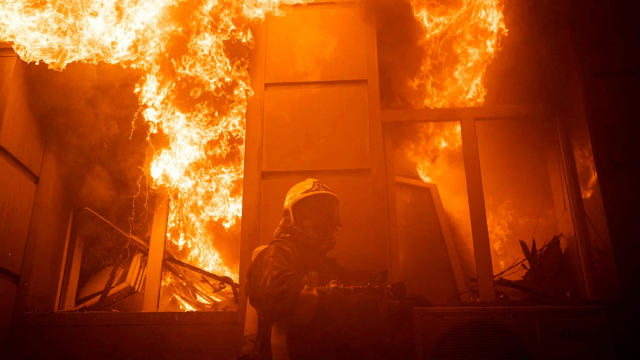
"Russia is using food as a weapon of war, not just against the Ukrainian people, but against all the people in the world," the State Department said.
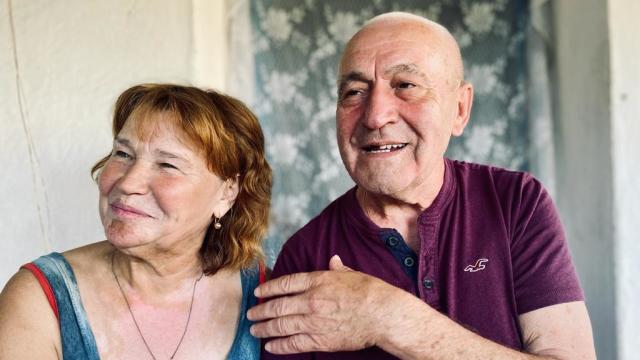
Russian troops were pushed away from Vremivka, Ukraine, but not far enough, and residents tell CBS News they're still praying to outlive the war.
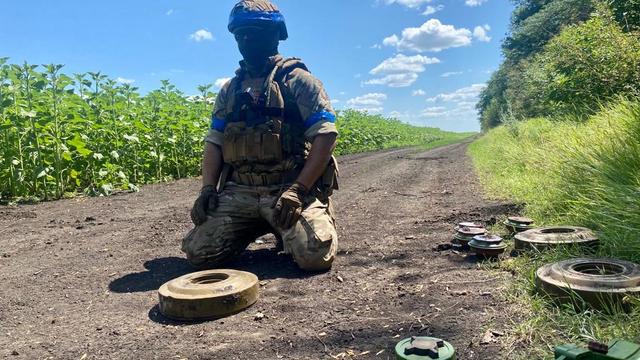
Thousands of deadly traps lay in wait for Ukrainian troops moving in to reclaim ground from Russia. Meet the "sappers" who go in first to clear a path.
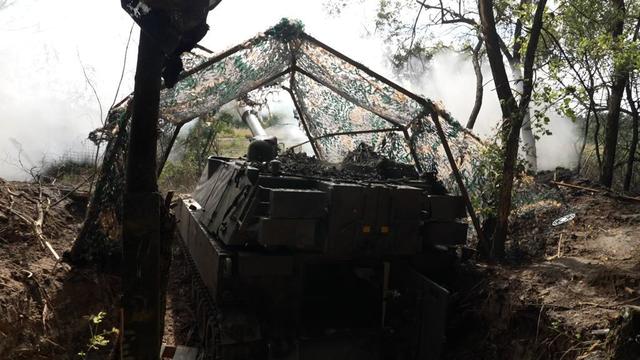
Front-line forces near Bakhmut tell CBS News why Western weapons are vital and why they need more, as NATO and the G7 pledge support.
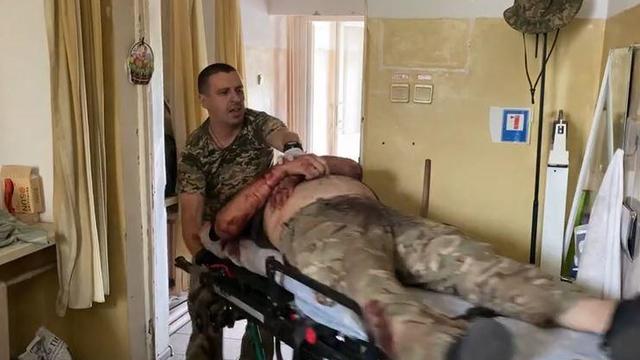
CBS News was speaking to a doctor when shrapnel from a suspected Russian cluster bomb tore through soldiers and civilians just yards from his clinic.
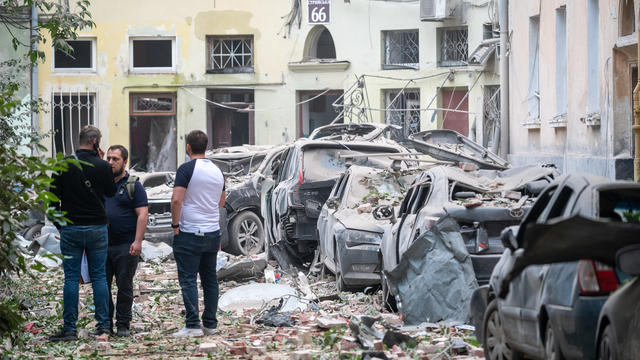
Ukrainian officials report the biggest attack to date on civilians in Lviv as the threat mounts for residents near the Zaporizhzhia nuclear plant.
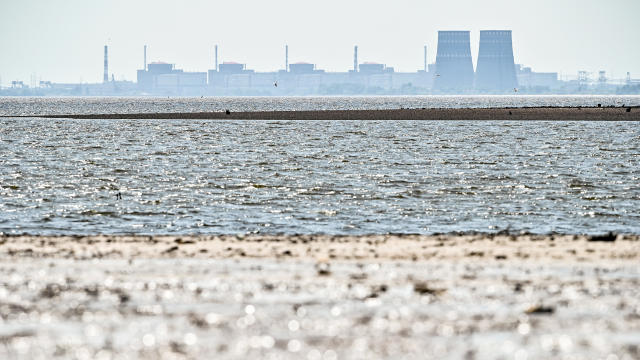
Ukraine's president claims Russian forces "placed objects resembling explosives on the roof of several power units" at the sprawling nuclear facility.
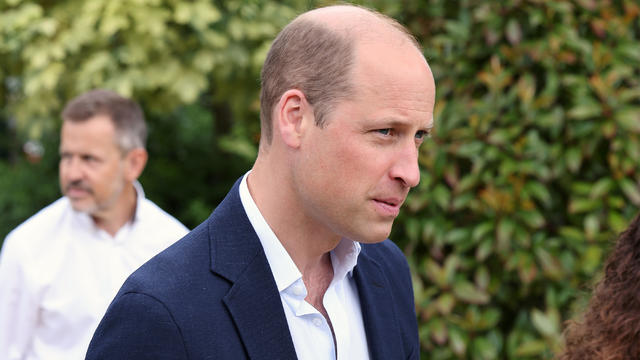
The Prince of Wales says it's his "lifelong mission," inspired by his mother Princess Diana, to solve the crisis of homelessness, and now he sees a solution.
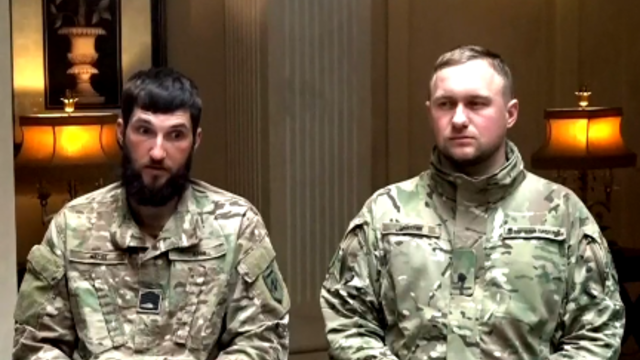
"We ate food with no caloric value," one soldier said. He lost 65 pounds while imprisoned.
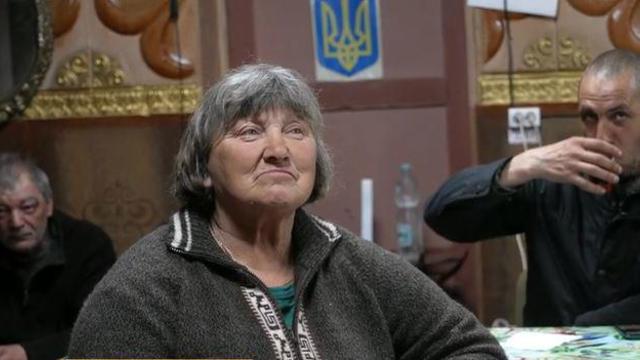
There's not much left of Orikhiv above ground, but underground, hundreds of defiant holdouts in the front-line town eagerly await the next phase of this war.
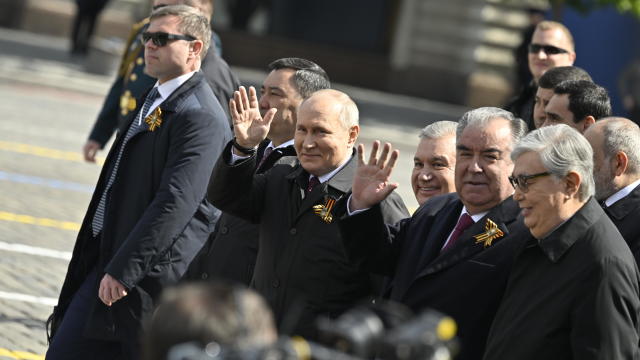
Vladimir Putin presided over a toned-down parade in Moscow as his war effort in Ukraine cost him more troops and more missiles, with little to show.
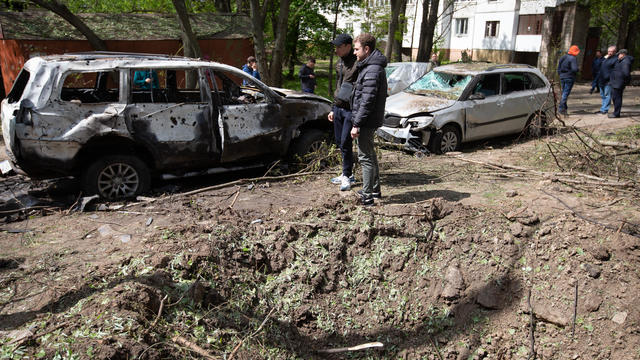
As the world marked the anniversary of Nazi Germany's 1945 surrender, Russia, which helped beat Hitler, unleashed a fresh attack on its neighbor.
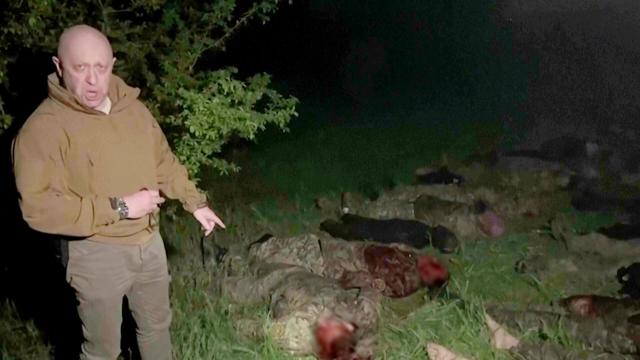
Putin appears to be losing one of his most potent fighting forces, as U.S. officials question his ability to "sustain even modest offensive operations" in Ukraine.
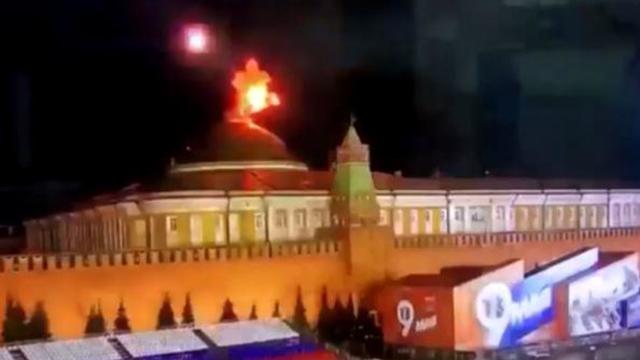
Ukraine denies targeting Putin's residence with drones, but Russia has nonetheless retaliated, reportedly killing 21 Ukrainian civilians in Kherson.